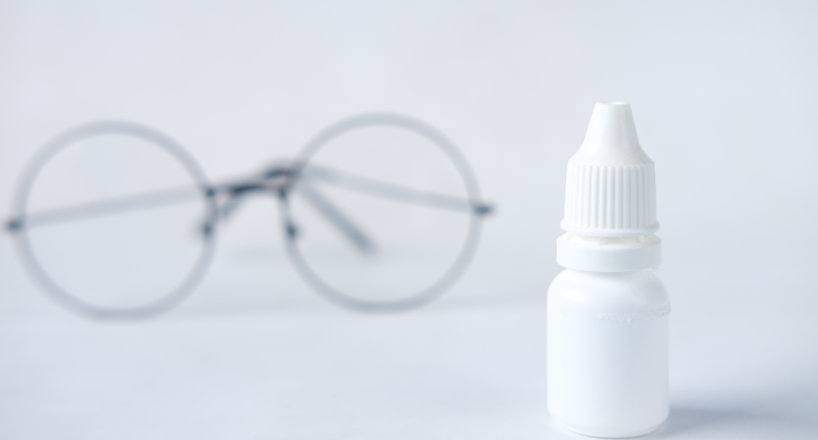Blue Light/High-Energy Visible (HEV) Light and Your Eyes
Blue light, also known as high-energy visible (HEV) light, is a type of light that is emitted by digital devices such as smartphones, computers, and televisions. It has a wavelength in the blue-violet range and is known for its high energy levels and short, high-frequency light waves. While blue light is an important part of the natural light spectrum, excessive exposure to artificial blue light can have negative effects on our health and well-being. Blue light has been shown to disrupt our natural sleep-wake cycle, cause eye strain and dry eyes, and even increase the risk of certain eye diseases. As we become increasingly reliant on digital devices, it is important to be aware of the potential negative effects of blue light and to take steps to reduce our exposure to it.
What is Blue Light?
Emitted from the sun, blue light is naturally occurring worldwide around us. On the spectrum of visible light (light that humans can see), blue light has the greatest energy and the fastest wavelength. It is also in some cases called blue-violet or violet light, which is where ultraviolet (UV) light rays that are simply beyond our understanding get their name. Much like ultraviolet light, blue light has both threats and advantages to our health, especially to our eyes.
What are the Potential Dangers of Blue Light?
Research study is still being done to identify the long-term results of blue light or high-energy visible (HEV) light emission, however it is understood is that blue light is a cause of computer vision syndrome (CVS) and sleep disruptions.
Eye Strain

The high energy and much shorter wavelengths of blue or HEV light discharge a less consistent flow of light, developing a glare or flickering that can trigger eye pressure. Since sharpness and visual contrast are affected by this, the eyes need to work more difficult to see plainly. After extended amount of times this can result in headaches, blurred vision, dry eyes, and psychological and physical fatigue.
Sleep Disruptions
Natural blue light in the environment is known to help manage the body’s body clock (which controls your sleep cycles), to improve your mood and level of awareness and to enhance memory and cognitive function.
Nevertheless, prolonged exposure to artificial sources of blue light has been shown to reverse these positive effects, causing interruptions in the circadian rhythm which affects sleep, in addition to an increased danger of depression. Research studies reveal that using a digital gadget prior to bedtime can negatively impact ther amount and quality of your sleep.
Macular Degeneration
Scientists at Harvard University have actually shown that in time, extended direct exposure to blue light can trigger damage to the retina at the back of your eye, which might result in age-related macular degeneration (AMD) and potentially other severe health and vision issues. AMD is a leading cause of vision loss and low vision.
How Can You Protect Yourself from Blue Light Emissions?

As the threats of blue light from digital gadgets emerge, increasingly more alternatives are appearing to secure your eyes. The eyes have really limited natural capability to shut out blue light radiation so we require to be familiar with blue light exposure and how to decrease it.
Computer glasses with blue-blocking lenses, finishings and filters are a good solution for those dealing with a computer for extended periods of time every day. You can also add anti-glare finishings with blue light defense to your routine eyeglass and sunglass lenses. Additionally, there are filters readily available for devices such as computer systems, mobile phones and tablets, to lower the amount of blue light radiation that can reach your eyes.
The most convenient method to decrease blue light direct exposure is to take regular breaks when dealing with a computer system and to minimize screen time overall.